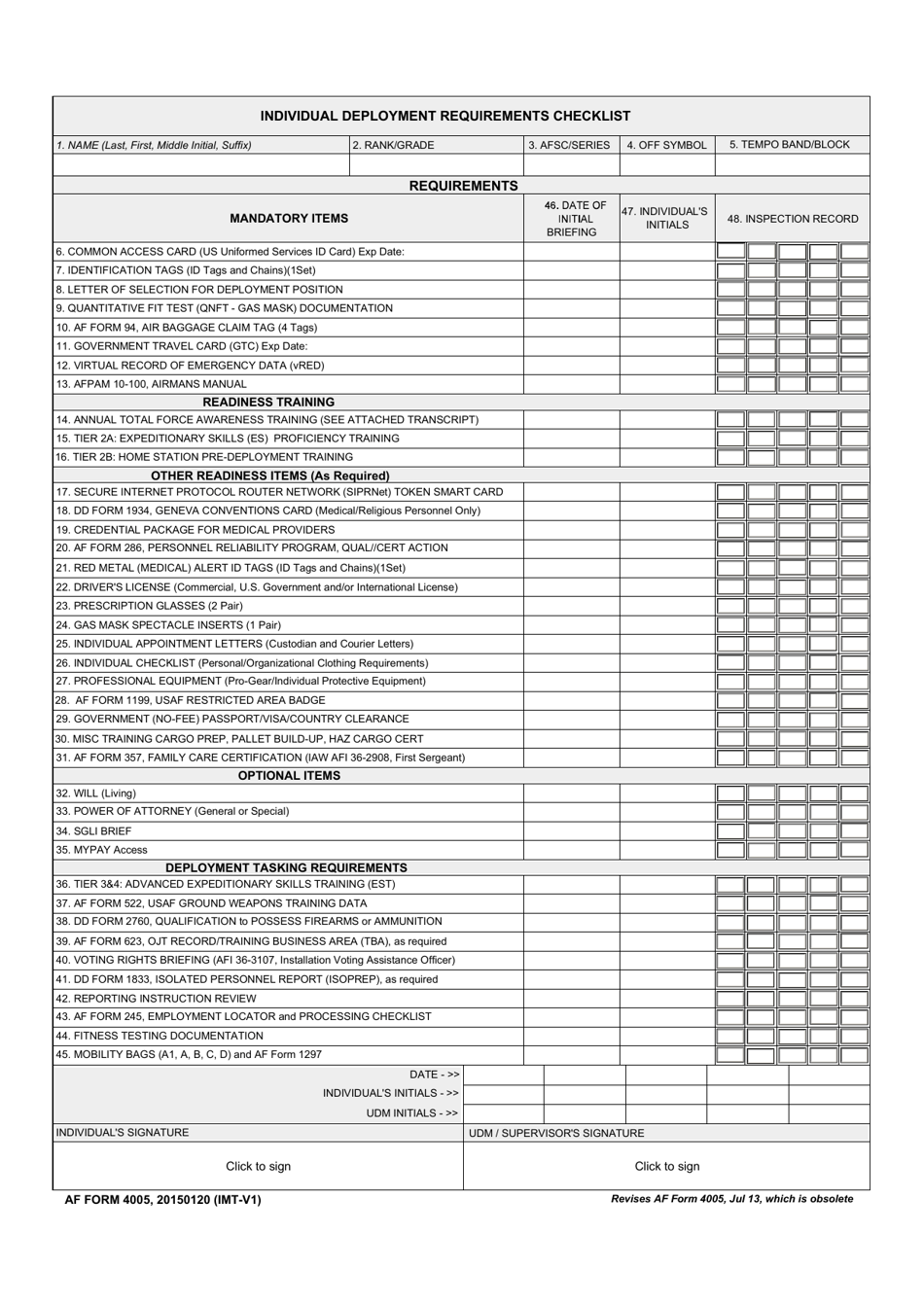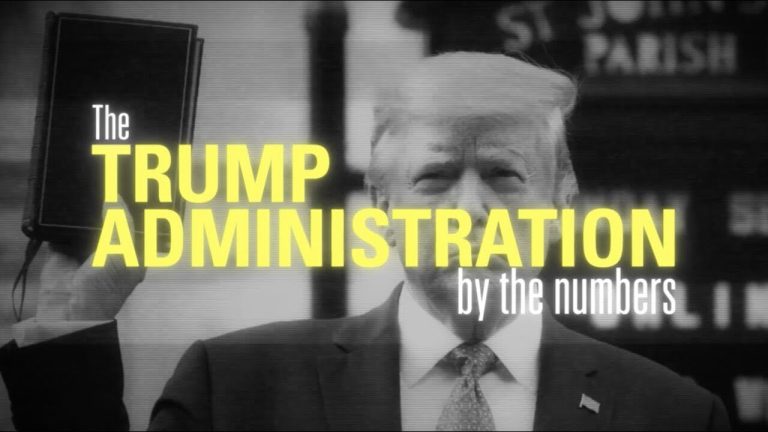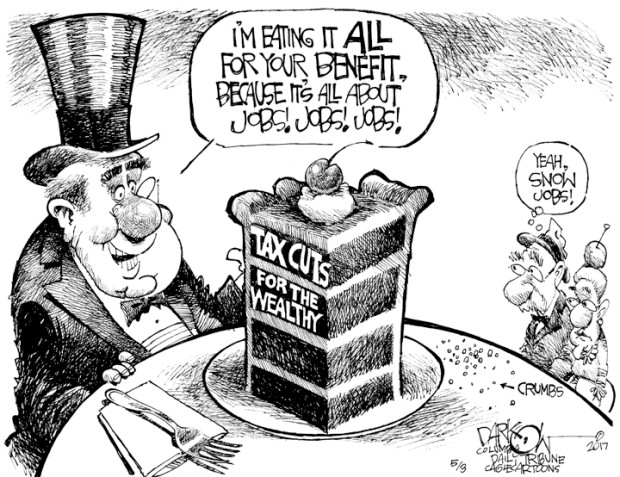

How to Spot a RINO: A Patriot’s Checklist
The term “RINO” – Republican In Name Only – has become a battle cry in contemporary American politics. But identifying a true RINO transcends simple party affiliation; it requires a deeper understanding of core conservative principles and a keen eye for inconsistencies. This isn’t about blind loyalty; it’s about ensuring your representatives genuinely reflect your values. This Patriot’s Checklist provides a nuanced approach to identifying potential RINOs, moving beyond simplistic slogans and focusing on concrete actions and voting records.
Understanding the Core Principles:
Before we delve into the checklist, let’s establish a framework. While interpretations may vary, core conservative principles generally include:
- Limited Government: A belief in smaller government intervention in the economy and individual lives.
- Fiscal Conservatism: Responsible spending, balanced budgets, and lower taxes.
- Individual Liberty: Emphasis on individual rights, freedoms, and personal responsibility.
- Strong National Defense: Prioritizing a robust military and national security.
- Traditional Values: Adherence to traditional social and moral principles.
This framework will serve as the foundation for our assessment.
The Patriot’s Checklist: Deciphering the Rhetoric
This checklist is designed to be applied to a candidate’s statements, voting record, and public actions. Remember, context is crucial; a single instance doesn’t necessarily define a politician. However, a pattern of inconsistencies can be revealing.
| Category | RINO Indicator | Patriot Indicator |
|---|---|---|
| Fiscal Policy | Supports large government spending increases. | Advocates for balanced budgets and spending cuts. |
| Regulation | Favors increased government regulation of business. | Champions deregulation and free-market principles. |
| Taxes | Supports higher taxes or new tax increases. | Advocates for lower taxes and tax simplification. |
| Social Issues | Supports liberal social policies (e.g., abortion). | Upholds traditional social values. |
| Foreign Policy | Favors interventionist foreign policy & international bodies. | Prioritizes national interests and a strong military. |
| Second Amendment | Supports gun control measures. | Defends the right to bear arms. |
| Immigration | Supports open borders or amnesty. | Advocates for secure borders and controlled immigration. |
Beyond the Ballot Box: Observing Actions and Rhetoric
The checklist above provides a framework, but truly understanding a politician requires a deeper dive. Look beyond simple slogans and examine their:
- Voting Record: A politician’s voting record provides concrete evidence of their actions. Analyze their votes on key issues related to the core principles outlined above.
- Public Statements: Do their words align with their actions? Listen for inconsistencies and evasive language. Are they catering to specific interest groups rather than upholding their stated principles?
- Campaign Donations: Who is funding their campaigns? Large donations from groups with opposing ideologies can be a red flag.
- Association with other politicians: Do they frequently associate with politicians known for opposing conservative values?
- Legislative Sponsorships: The bills they sponsor and co-sponsor reveal their priorities and policy preferences.
The Nuances of Interpretation:
It’s vital to approach this checklist with a critical and nuanced perspective. Circumstances can lead to seemingly contradictory votes. The goal is not to find perfection, but to identify patterns of behavior that consistently deviate from core conservative principles. A single vote against a party line isn’t necessarily disqualifying; but a consistent pattern of such votes, especially on crucial issues, warrants further scrutiny.
Conclusion:
Identifying a RINO is a process, not a simple judgment. This Patriot’s Checklist provides a framework for thorough investigation. By critically examining a candidate’s record, statements, and associations, you can make informed decisions and ensure your representatives truly embody your values. Remember, active civic engagement is crucial in safeguarding the principles that define our nation.

Additional Information
Deconstructing “How to Spot a RINO: A Patriot’s Checklist”: An Analytical Perspective
The concept of a “Republican In Name Only” (RINO) has become a potent political label, used to denounce members of the Republican party deemed insufficiently conservative. Understanding the checklist used to identify a RINO requires analyzing not just the stated criteria, but also the underlying ideological assumptions, potential biases, and practical implications of its application. A “Patriot’s Checklist,” by its very nature, implies a specific definition of patriotism, often intertwined with a particular political ideology. This analysis will delve into the inherent complexities and potential pitfalls of such a checklist.
Analyzing the Implicit Criteria:
A typical “RINO checklist” often includes items such as:
- Voting record: Deviation from a purely conservative voting record on key issues like abortion, gun control, taxation, and government spending. This relies heavily on a simplistic interpretation of conservative ideology, ignoring nuances and context-dependent voting decisions. For instance, a vote against a tax cut that disproportionately benefits the wealthy could be seen as fiscally responsible, yet flagged as a “RINO” action by strict adherents to supply-side economics.
- Rhetoric and public statements: Support for bipartisan compromise, criticism of party leadership, or even moderate language on controversial topics can be deemed evidence of RINO status. This criteria opens the door to subjective interpretation and accusations based on perceived insincerity rather than concrete actions.
- Campaign contributions and endorsements: Accepting donations from or endorsements by perceived “liberal” groups or individuals can be seen as a betrayal of conservative principles. However, this ignores the realities of fundraising, especially in competitive elections where broader appeal is often necessary.
- Policy positions: Support for specific policies deemed “moderate” or “liberal,” even if consistent with a pragmatic conservative approach, can trigger RINO accusations.
The Problem of Definition and Shifting Baselines:
The inherent challenge lies in the lack of a universally accepted definition of “conservatism.” The Republican party itself encompasses a wide spectrum of views, from libertarian conservatives to social conservatives. What constitutes a “RINO” is often determined by the most ideologically extreme factions within the party, creating a moving target that can shift based on prevailing political winds. This leads to an escalating cycle of purity tests, where even moderate conservatives can be branded as insufficiently loyal.
Consequences and Implications:
The use of “RINO” checklists can have significant consequences:
- Increased Polarization: The constant labeling and demonization of individuals fosters further polarization within the Republican party and American politics as a whole. It creates an environment of distrust and prevents productive dialogue on policy issues.
- Suppression of Internal Dissent: It discourages moderate voices and perspectives within the party, leading to a homogenization of viewpoints and hindering the development of comprehensive and nuanced policy solutions.
- Erosion of Democratic Norms: The subjective and often arbitrary application of RINO accusations can undermine democratic processes, discouraging compromise and bipartisanship.
- Damage to Party Unity: While intended to bolster party unity, this approach often backfires by exacerbating internal divisions and leading to fragmentation.
Case Studies:
Numerous examples exist of Republican politicians labeled as RINO’s despite holding mainstream conservative views. This often happens during primary challenges where extreme candidates use the label to attack more moderate opponents. The rise of the Tea Party and the more recent influence of the MAGA movement have significantly intensified this trend, impacting elections and legislative outcomes. Analyzing specific cases – such as the primary challenges against established Republican incumbents – can further illuminate the strategic application and impact of the “RINO” label.
Conclusion:
While the “How to Spot a RINO: A Patriot’s Checklist” approach ostensibly aims to maintain ideological purity, it ultimately suffers from inherent subjectivity, internal contradictions, and harmful consequences. A more productive approach would involve a deeper understanding of the complexities of political ideology, a willingness to engage in thoughtful discourse, and a commitment to democratic principles. Relying on simplistic checklists based on partisan biases risks undermining the very fabric of a healthy political system.







